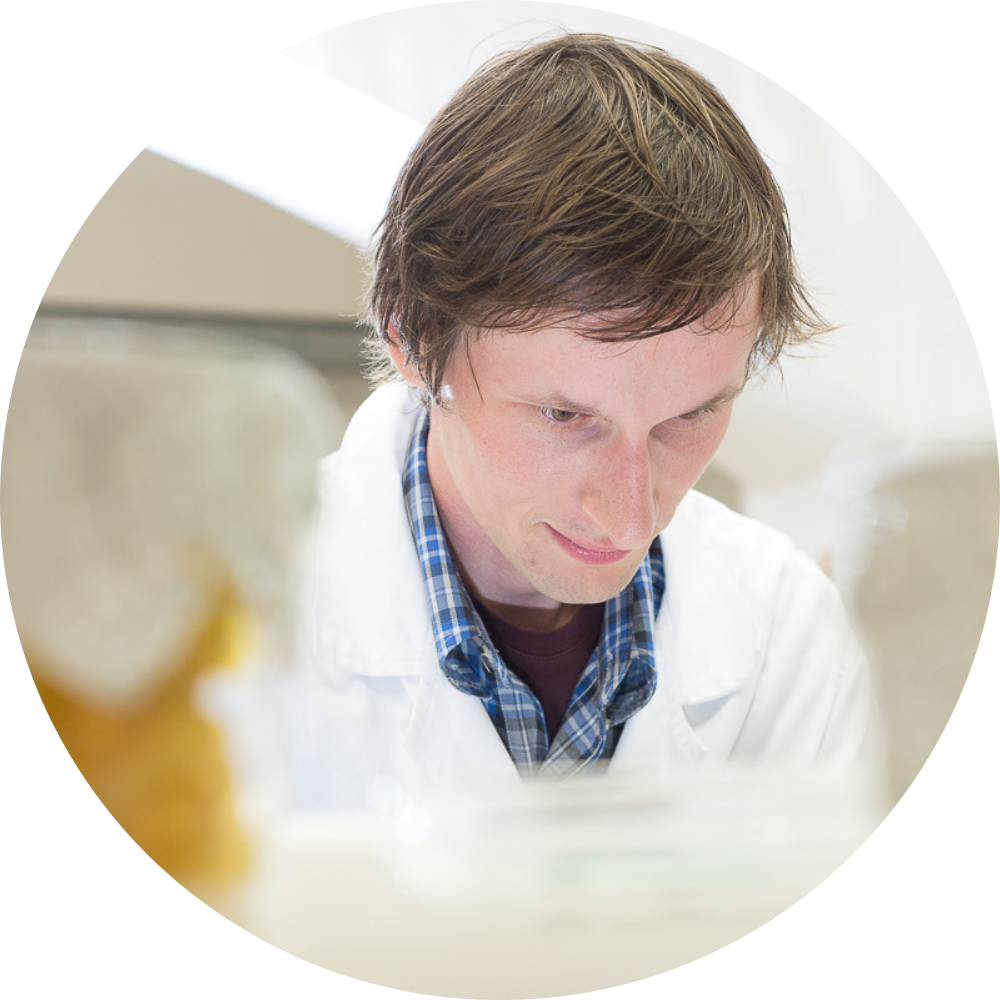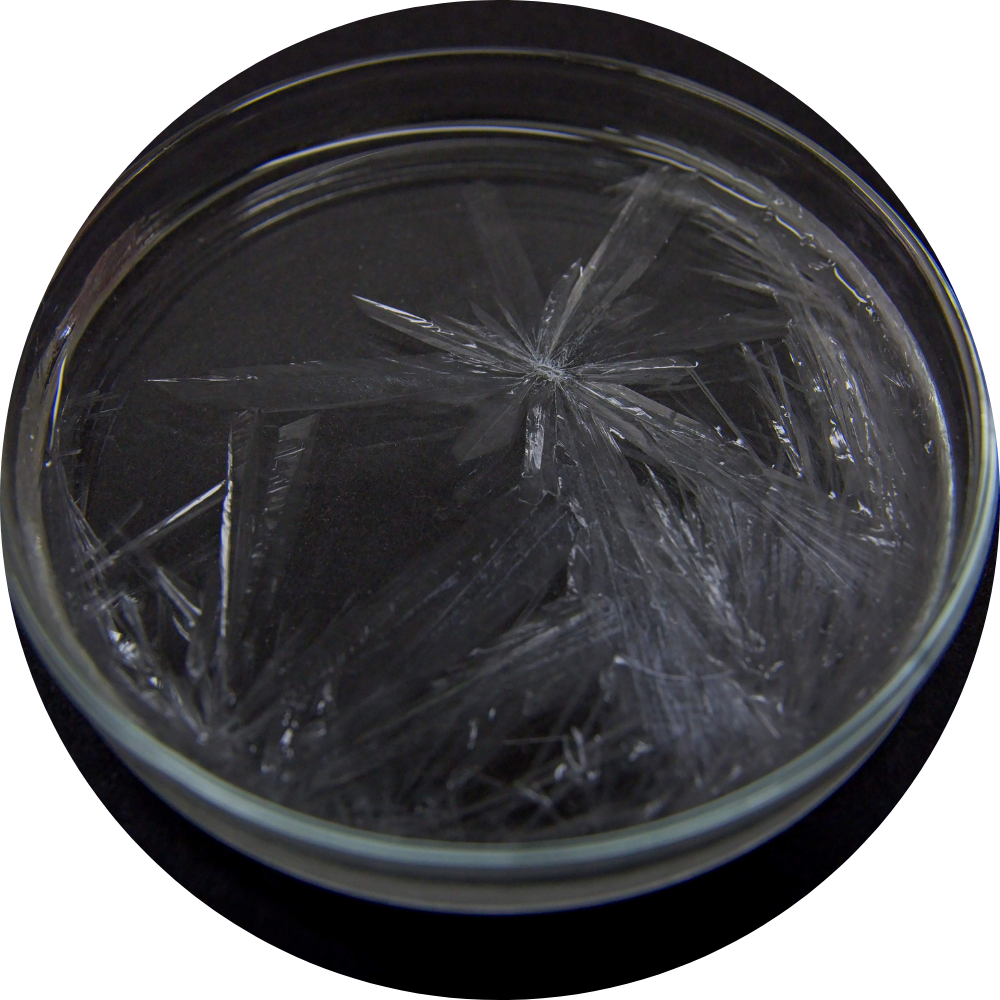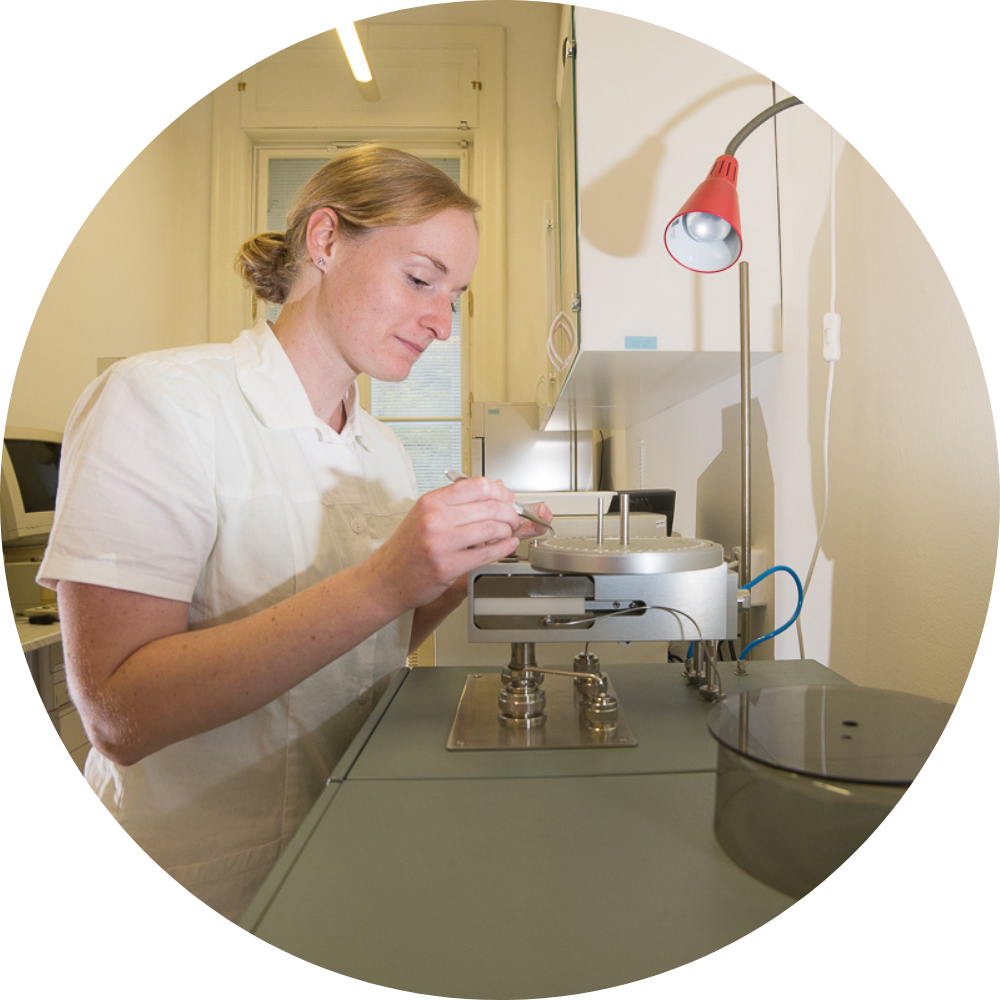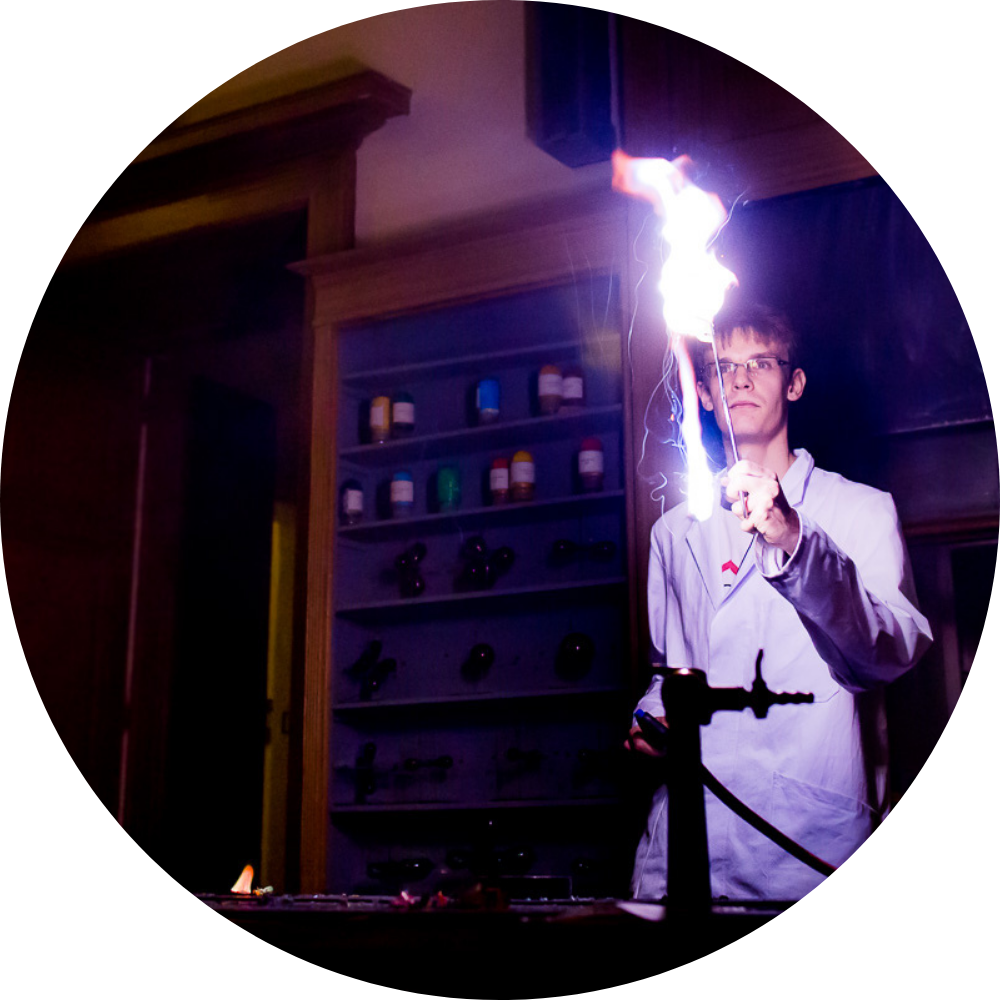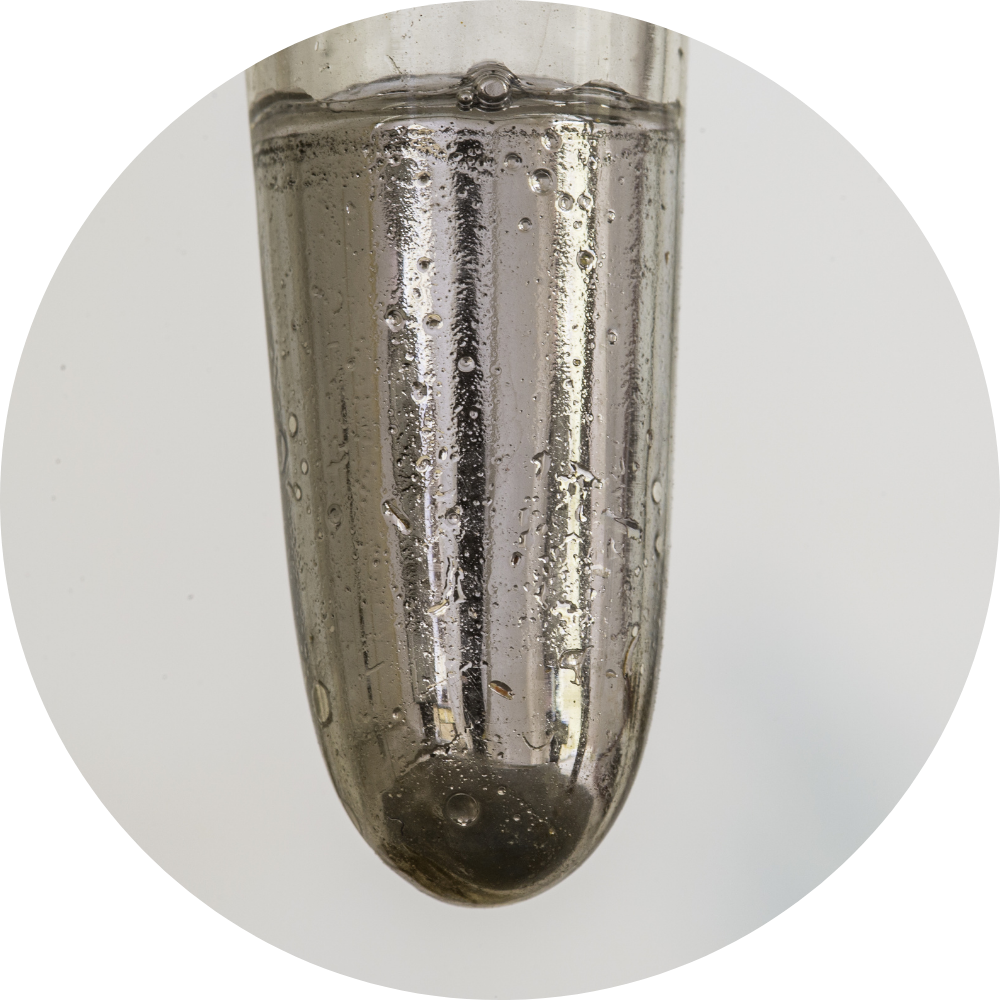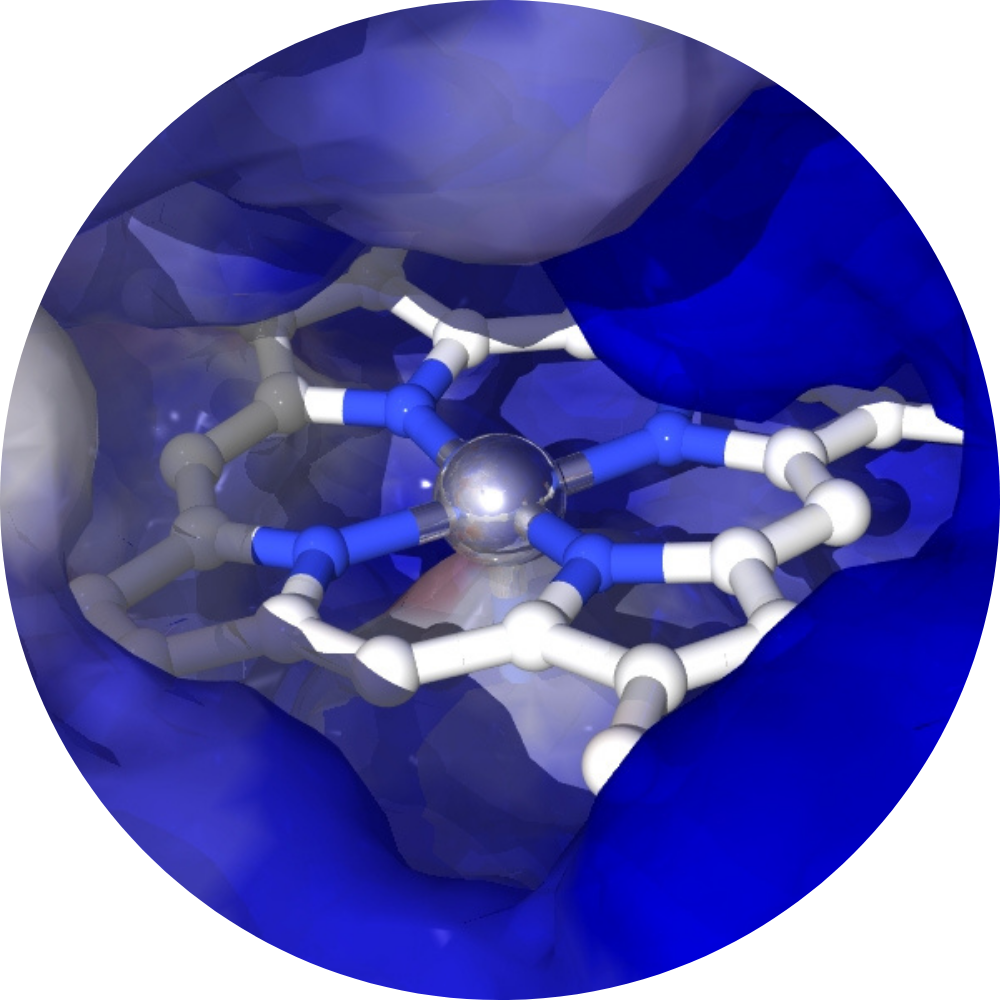Doctoral studies at the chemistry section
Analytical ChemistryAnalytical chemistry integrates chemical disciplines, physics, biology, information theory, and technical fields. It provides information on the identity, structure, and quantity of components in natural and man-made objects and their distribution. It collaborates with other natural sciences to explore the relationships between chemical composition and properties of substances. This multidisciplinary field emphasizes teamwork. It requires knowledge of general and physical chemistry, physics, mathematics, inorganic and organic chemistry, biochemistry, and modern analytical methods. |
Inorganic ChemistryInorganic Chemistry is a multidisciplinary program with the main directions "Chemistry of Materials", "Coordination and Bioinorganic Chemistry" and "Organometallic Chemistry and Catalysis". Material Chemistry focuses on the synthesis and applications of advanced materials. Coordination and Bioinorganic Chemistry deals with the development of macrocyclic ligands and complexes and photoactive materials applicable in medicine. Organometallic chemistry and catalysis focuses on the synthesis of organometallic compounds and their use in the catalysis. |
BiochemistryStudents are trained in all areas of biochemistry, including bioenergetics, enzymology, molecular biology, protein chemistry and structure, immunochemistry, xenobiochemistry, and metabolic processes. Training involves participation in scientific projects, mainly at the Department of Biochemistry at Charles University and in collaboration with research institutes of the Czech Academy of Sciences and other laboratories. The study concludes with an English language certificate, a state doctoral exam in biochemistry, and a successful dissertation defense with a publication in an international journal. The program is conducted without specialization. |
Didactics of ChemistryThe doctoral study provides an integrated education that enables graduates to carry out conceptual and research activities in chemical education based on their high level of expertise. Graduates will be prepared for independent scientific, pedagogical, and managerial work. They can find employment in didactic departments of universities preparing chemistry teachers, research institutes under the Ministry of Education, and institutions dedicated to teacher education and research in chemical or science education. |
Physical ChemistryThe doctoral study is organized by the Department of Physical and Macromolecular Chemistry in cooperation with chemical institutes of the Academy of Sciences of the Czech Republic, covering physical chemistry, biophysical chemistry, and chemical physics. Modern areas include dynamics and kinetics of physical and chemical processes, statistical thermodynamics of fluids and polymers, advanced electromigration separation methods, and biophysical chemistry. The program reflects global trends and the needs of research facilities and industry in the Czech Republic and the EU. |
Macromolecular ChemistryDoctoral studies are organized by the Department of Physical and Macromolecular Chemistry in collaboration with the Institute of Macromolecular Chemistry of the Czech Academy of Sciences in Prague. The program covers macromolecular chemistry, including biopolymer chemistry and physical chemistry of polymers. Students can focus on experimental issues such as polymer synthesis, association processes, polymer degradation, and semiconductor polymer structures, or theoretical studies and simulations. The program reflects modern trends and job market needs. |
Modelling of Chemical Properties on Nano- and BiostructuresDoctoral studies are organized by the Department of Physical and Macromolecular Chemistry in collaboration with the Institute of Organic Chemistry and Biochemistry of the Czech Academy of Sciences and J. Heyrovský Institute of Physical Chemistry of the Czech Academy of Sciences. The program covers computational chemistry, quantum chemistry, and molecular modeling, focusing on biomacromolecules and complex molecular systems. Projects include studying the structure and dynamics of DNA, DNA-protein and DNA-ligand interactions, non-covalent interactions, stabilizing interactions in biomolecules, chemical reactivity and catalysis, physical and chemical properties of molecular networks, and processes on atmospheric aerosols. The program reflects modern trends in computational chemistry and molecular modeling. |
Organic ChemistryOrganic chemistry deals with isolation, synthesis, determination of the structure of organic compounds and the study of the relationships between the structure and properties of organic substances using chemical and physical methods.
|






















